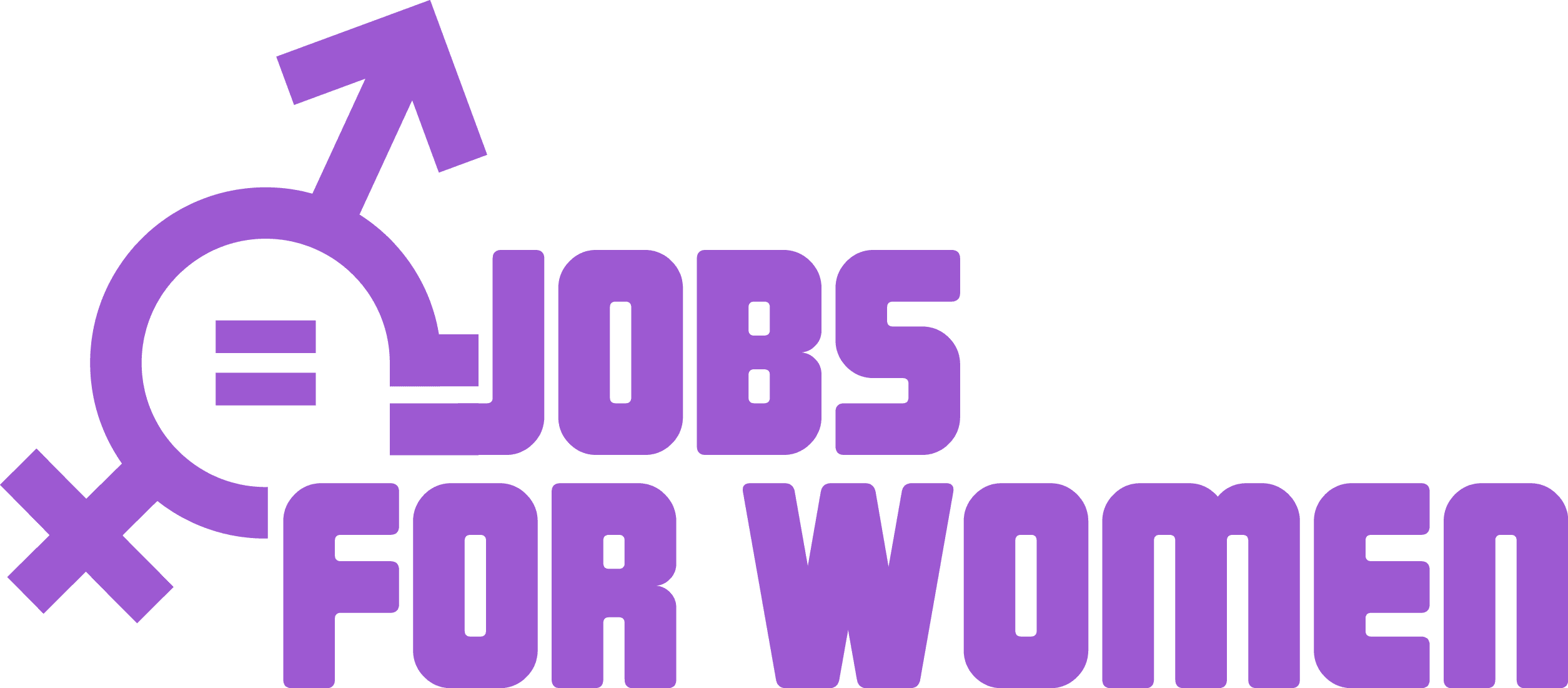
5 Things Companies can do to Improve Imposter Syndrome
Imposter syndrome is a psychological phenomenon in which individuals feel like frauds in their accomplishments and experience a constant or recurrent fear of being exposed as a fraud. Research shows that imposter syndrome is more prevalent among women and women of color.
Societal and cultural expectations on women and women of colour
One reason for this is societal and cultural expectations. Women and women of color often face discrimination and bias in the workplace and are held to higher standards than their male and white counterparts. This can lead to feelings of inadequacy and self-doubt. Additionally, women and women of color may not see themselves represented in leadership positions, leading to a lack of role models and a feeling of not belonging in their field.
Another factor contributing to imposter syndrome among women and women of color is the “double bind” – the conflicting expectations placed on them to be both competent and likable. Women are often judged more harshly for asserting themselves and their ideas, leading to a fear of speaking up or taking credit for their work. Women of color face an additional layer of bias and discrimination, further exacerbating feelings of imposter syndrome.
What can companies do to overcome imposter syndrome?
To help employees overcome imposter syndrome, companies can take several steps. As a woman and woman of colour knowing that your organisation is focusing on imposter syndrome and is taking steps to work with employees is a comfort because women will feel supported in theor place of work.
Here are our top tips for companies to overcome imposter syndrome
- Open channels of communication: Change the language employees use to describe themselves and take note of what they’re saying. Creating open and honest communication channels is key to exploring and solving imposter syndrome. If employees describe having feelings of imposter syndrome listen to what they are saying and create a dialogue. Honest conversations about what it takes to “win” in your company culture can help women adjust their inaccurate self-assessments.
- Culture of inclusivity and belonging: Create a culture of inclusivity and belonging by actively recruiting and promoting a diverse workforce. We know women and women of colour (WOC) are more likely to experience imposter syndrome if they don’t see many examples of people who look like them or share their background who are succeeding in their area of expertise and climbing the leadership ladder. This can help to counteract feelings of being an outsider and provide role models for underrepresented groups.
- Ongoing training and resources: Companies can provide training and resources on imposter syndrome, unconscious bias, and microaggressions to help employees recognise and address these issues. Additionally, creating a culture of open and honest communication, where employees feel comfortable sharing their feelings and experiences, can help to alleviate feelings of isolation and self-doubt.
- Feedback culture: We highly recommend creating a feedback culture where employees are given regular and constructive feedback, which can help individuals understand and appreciate their accomplishments and skills.
- Opportunities for growth and development: Companies can encourage and support employees to take on new challenges or additional work opportunities for personal growth and development. This, in turn, will give them an additional sense of achievement.
Imposter syndrome is a common and debilitating phenomenon that affects many individuals, particularly women and women of colour. To help employees overcome imposter syndrome, companies can create a culture of inclusivity, provide training and resources, foster open and honest communication, and encourage employees to take on new challenges and opportunities for growth and development. By taking these steps, companies can help to empower their employees and create a more inclusive and equitable workplace.
How can women work on and improve their imposter syndrome?
As with many self-help approaches recognising that you might be suffering from imposter syndrome can be the important first step to improving imposter syndrome. The next step is understanding that imposter syndrome is a common experience, especially among high-achievers. This can help women understand that their feelings are not unique and that they are not alone in experiencing them.
A technique that Jobs for Women Director Zoë has used is to reframe negative thoughts: Instead of focusing on negative thoughts about your abilities, try reframing them positively. For example, instead of thinking, “I don’t know enough to do this job,” try thinking, “I am constantly learning and growing in my role.”
Another great tip is to share your experience and talk to others; if you can share your feelings with a trusted friend, mentor, or someone in your organisation whom you feel comfortable speaking to, they can often offer a different perspective that might help you see that your thoughts may not be entirely accurate. They might even challenge your perception of you and help you recognise that these thoughts aren’t valid and there is no proof you can’t ‘do your job’.
So, try this. Set some realistic goals for yourself and celebrate your accomplishments. Recognise that progress takes time and that it’s okay to make mistakes.
Practice self-care: Taking care of your physical and mental health is important in overcoming imposter syndrome. Make sure you get enough sleep, eat well, and engage in activities you enjoy. When we launch our women’s only holistic career and self-care membership platform in September, there will be many opportunities to practise self-care and improve your mental wellbeing whilst working on your career.
What is your organisation doing to combat imposter syndrome?
If your organisation has any other methods which you have successfully implemented, we would love to hear from you. Contact us today.
Do you need to recruit more women into your organisation or improve your women in leadership statistics?
Jobs for Women is the number one job board in the UK, offering a unique two-pronged approach to supporting women at work. Our exclusive holistic membership site for women launches in September 2023.
